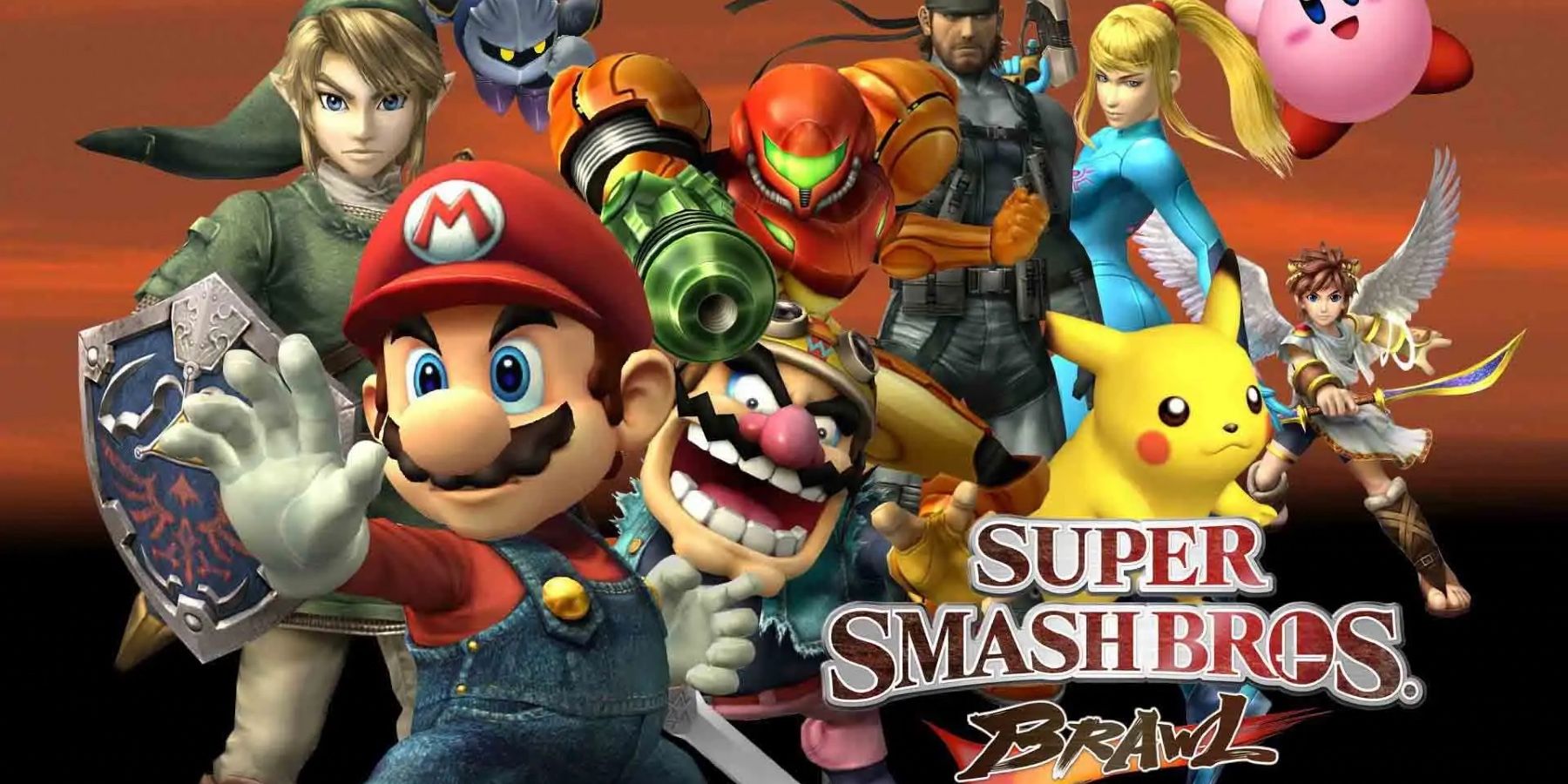Marvel, at one point, nearly had a fighting game in the vein of the Super Smash Bros. series on its hands. The Marvel world and characters seem ripe for such an expansive crossover, as its heroes are frequently present in crossover media, and they possess a host of wild powers perfect for a brawl. Though development eventually steered away from the Super Smash Bros. formula, the idea of what could have been is still an intriguing one to ponder.
When the original Super Smash Bros. was released, it shook up the fighting game scene and left a mark on gaming in general. It took the most popular characters from a much-loved company and put them together, providing its audience with a potent dose of fan service. Pair that with tight, clean gameplay and a superb multiplayer experience, and it's no wonder the series has enraptured the gaming world so effectively. Marvel, apparently, is no exception.
Now known for the likes of Marvel: Ultimate Alliance and the card combat strategy of Marvel's Midnight Suns, the company released Marvel's Super Hero Squad back in 2009, just one year after Super Smash Bros. Brawl. Subject to the fervor those games commanded, the DS version of Marvel's Super Hero Squad nearly became a take on the iconic fighter's formula. However, according to developer Luke Muscat who worked on the game, due to a variety of obligations and constraints, the game ended up releasing in a different form.
In a video, Muscat describes how, initially, the game was to be a street brawler, like the classic collection of Teenage Mutant Ninja Turtles games. Developer Halfbrick eventually got word from publisher THQ that they would be changing tack, aiming for something closer to a Super Smash Bros. game, and much of the work was thrown out. When the game was around half done, Halfbrick was contacted again with news of a major mistake: the contract THQ had signed required the game to be a street brawler, and apparently, the company had simply missed that point. Forced to throw out months of work once again, Halfbrick scrambled at the last minute to slap together what it could, but in the end, the game was "a complete hot mess."
In the same video, Muscat describes his experience working on an Avatar: The Last Airbender video game that was also subject to major disruption from its publisher. The common threads here are twofold: licensed games and publisher interference. Licensed games often lack a lot of innovation or polish, and publisher demands are often cited as development roadblocks, but it's great to get some clarity on the reasons why directly from a developer.
However, Muscat closes the video on a third horror story that was neither a licensed game nor was it receiving publisher pushback. Perhaps the lesson is that, no matter what, game development is a veritable minefield of challenges.

